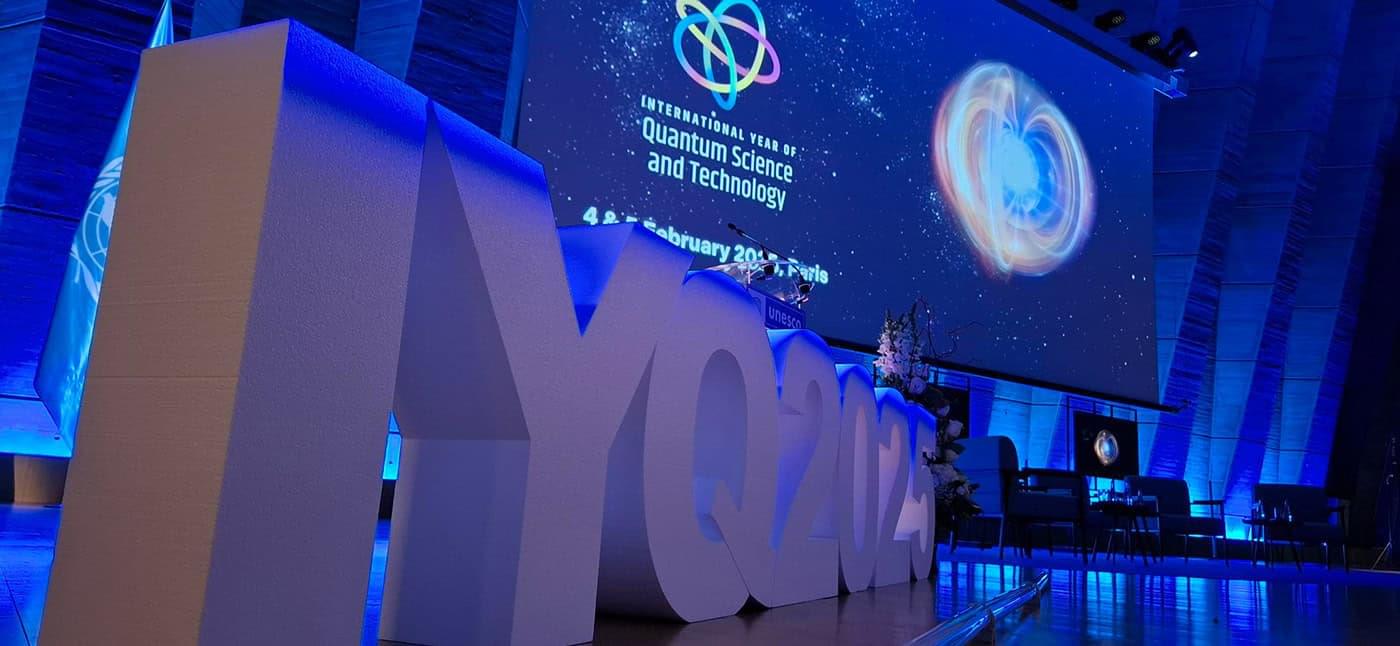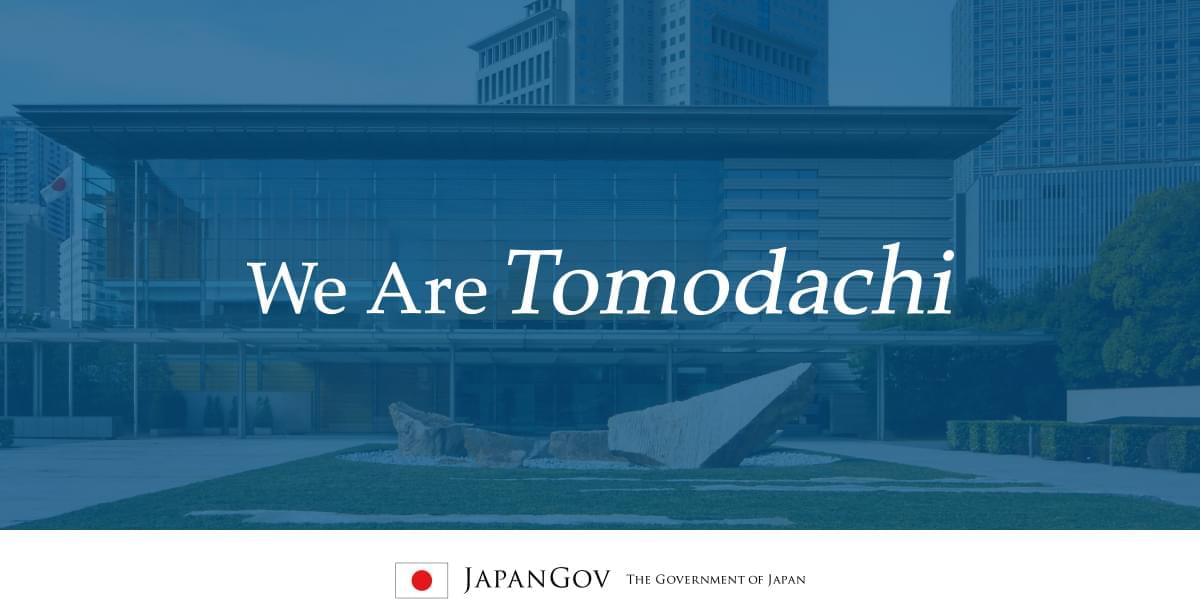In today’s AI news, Galileo launched an Agent Leaderboard on Hugging Face, an open-source AI platform where users can build, train, access, and deploy AI models. The leaderboard is meant to help people learn how AI agents perform in real-world business applications and help teams determine which agent best fits their needs.
In other advancements, Bloomberg reported Friday that xAI is canvassing existing investors, including Sequoia Capital, Andreessen Horowitz, and Valor Equity Partners for the round, which would bring xAI’s total raised to $22.4 billion, according to Crunchbase. Bloomberg also noted that discussions are ongoing and that the terms of the fundraising round may change.
Ve done mobile app development will know how challenging it can be to deliver the right kind of experience on a smartphone. + And, while speaking with former U.K. Prime Minister Tony Blair at the World Governments Summit in Dubai on Wednesday, Oracle cofounder and executive chairman, Larry Ellison said that while government organizations collect massive amounts of data, it is highly fragmented, making it hard to feed it into an AI model.
In videos, the Imagination in Action video series from Davos 2025 is being uploaded and we’re featuring the sessions in today’s newsletter. First we dive into an in-depth panel discussion featuring AI visionaries Max Tegmark, Demis Hassabis, Yoshua Bengio, Dawn Song, and Ya-Qin Zhang. In this engaging conversation, the experts unpack the distinctions between narrow AI, AGI, and super intelligence …
And, an expert panel explores how regulation can drive innovation in AI, featuring perspectives from panelists: Robert Mahari, JD-PhD at Massachusetts Institute of Technology and Harvard Law School, Pablo Arredondo, Vice President of CoCounsel at Thomson Reuters and Founder of Casetext, Part of Thomson Reuters, Julia Apostle, Partner at Orrick, Herrington & Sutcliffe LLP, Gabriele Mazzini, Fellow at MIT Connection Science and Architect of EU AI Act.
Then, join AI pioneer Andrew Ng as he breaks down how artificial intelligence is moving beyond the hype to deliver tangible business results.
In this exclusive conversation with Link Ventures’ John Werner at Davos 2025, Andrew explains how AI innovations are saving costs—from making ships 10% more fuel efficient to boosting profitability in pricing analytics and legal compliance.






